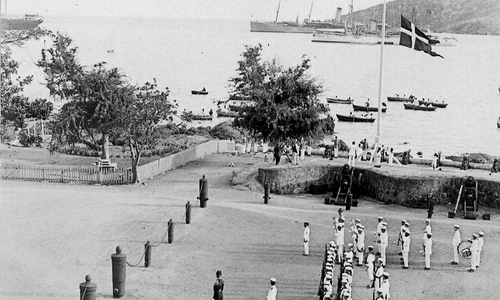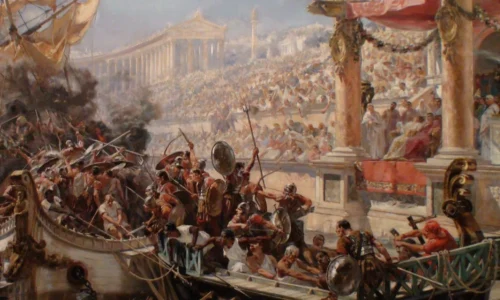
The European Union in 2050: A Superpower or a Declining Force?
As the European Union (EU) approaches the mid-21st century, it stands at a crossroads. The choices made today will determine whether the EU emerges as a cohesive superpower or faces fragmentation and decline. This analysis explores potential future scenarios, the EU's role in global affairs, the unifying potential of climate policies, and the prospects for Europe as a leader in values-based governance.
Possible Future Scenarios: Deeper Integration vs. a Looser Union
The EU's trajectory hinges on the balance between deeper integration and a more flexible, looser union. The European Commission's 2017 White Paper outlines five scenarios, ranging from a "United States of Europe" to a "Nothing but the Single Market" approach. Further integration could lead to a more federal structure, enhancing the EU's global influence. Conversely, a looser union might prioritize national sovereignty, potentially undermining collective decision-making and weakening the EU's global standing.University of Edinburgh Research+1Oxford Research Encyclopedias+1
Differentiated integration, where member states participate in varying degrees of cooperation, is already a reality. This approach allows for flexibility but also raises questions about unity and coherence. The challenge lies in balancing national interests with the collective good, ensuring that the EU remains a cohesive and effective entity.Oxford Academic
Europe's Role in the World Economy and Global Politics
The EU is a significant player in the global economy, with its single market and regulatory frameworks influencing international standards—a phenomenon known as the "Brussels Effect." However, to maintain and enhance its economic clout, the EU must address internal challenges such as demographic shifts, technological innovation, and economic disparities among member states.
Politically, the EU's soft power, rooted in diplomacy, development aid, and the promotion of human rights, positions it as a normative power. Yet, the changing geopolitical landscape, marked by the rise of China, a resurgent Russia, and shifting U.S. policies, necessitates a more assertive and cohesive foreign policy. Strengthening the EU's Common Foreign and Security Policy and enhancing strategic autonomy are crucial steps toward solidifying its role as a global actor.
Climate Policies and Sustainability as a Unifying Force
Climate change presents both a challenge and an opportunity for the EU. The European Green Deal aims to make Europe the first climate-neutral continent by 2050, setting ambitious targets for emissions reduction, renewable energy adoption, and sustainable agriculture. This agenda not only addresses environmental concerns but also serves as a catalyst for economic growth and innovation.
However, implementing these policies requires balancing environmental goals with economic realities. Recent debates over easing car emissions targets and reducing regulatory burdens highlight the tension between sustainability and competitiveness. To maintain momentum, the EU must ensure that climate policies are inclusive, economically viable, and adaptable to the diverse needs of member states.Reuters+1
Will Europe Become a Global Leader in Values-Based Governance?
The EU's commitment to democracy, human rights, and the rule of law underpins its identity and global influence. Promoting values-based governance involves integrating ethical principles into policymaking, fostering transparency, accountability, and citizen engagement. Initiatives like the European Democracy Action Plan aim to strengthen democratic institutions and combat disinformation.escp.eu
Yet, internal challenges such as democratic backsliding in some member states and external pressures from authoritarian regimes test the EU's resolve. To lead globally, the EU must address these issues head-on, reinforcing its foundational values and demonstrating that democracy and human rights are not only ideals but practical frameworks for governance.
Conclusion
The EU's future as a superpower or a declining force depends on its ability to navigate complex internal and external dynamics. Deeper integration, strategic economic and political positioning, robust climate policies, and unwavering commitment to values-based governance are pivotal. By embracing these challenges with unity and purpose, the EU can shape a resilient and influential role on the global stage by 2050.
References:
- European Commission. (2017). White Paper on the Future of Europe.
- Bradford, A. (2019). The Brussels Effect: How the European Union Rules the World. Oxford University Press.
- European Commission. (2020). The European Green Deal.
- European Commission. (2020). European Democracy Action Plan.















